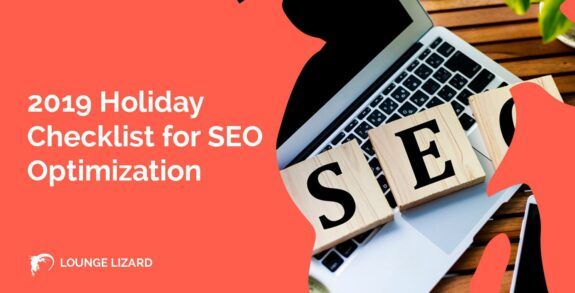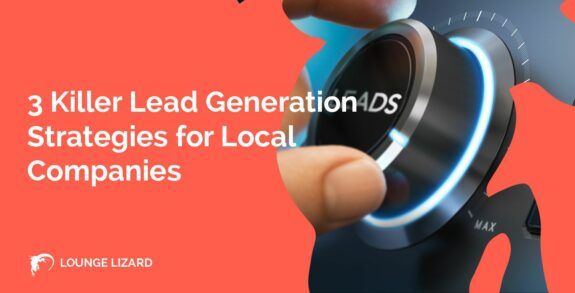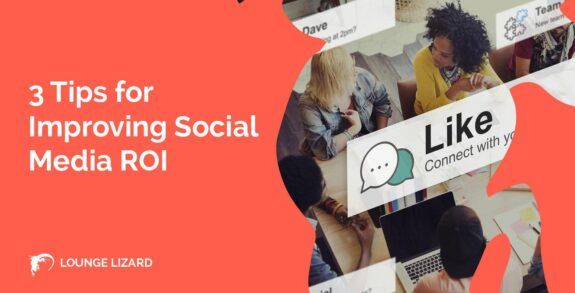Understanding Google Page Speed Criteria

Having a good understanding of Google Page Speed Criteria is important for any company that relies on its webpage for business. Why? It started back in 2018 when the Lighthouse 3.0 update was released. That particular update included performance and speed metrics which were being incorporated into overall site performance which does affect rankings. As a top web development company that also provides digital marketing services, we understood then (and now) that once site speed was connected to rankings, it should be at the forefront for both usability and marketing concerns.
What is Page Speed Criteria?
Part of Google’s overall goal is providing the best service possible for its customer base, which is literally everyone using the internet. To that end, they want to make the web a faster place. One area they can directly influence is the speed of a website by relating it as a ranking factor which is important for sites that wish to be found via a Google search.
The specific criteria which Google uses to calculate the page speed have been provided by Google. This allows site owners the ability to analyze a site and find ways to improve it. There are various tools but the best option is PageSpeed Insights by Google which provides a current score along with suggestions for improvement.
There are a host of criteria used in calculating Page Speed. They have included things such as redirects, compression, server response time, browser cashing, use of JavaScript, and more. These criteria do change, and it is important to regularly check so that you can optimize your site as needed.
Why is Optimizing Site Speed Important?
Do you like happy customers, good rankings, and more conversions? In a nutshell, those are three of the more prominent reason optimizing site speed is important.
The rankings are relative to page speed criteria. Studies have also shown that for every second beyond a base 3-second benchmark for loading speed, your conversion rate is reduced by 3%. That means if your website takes 6 seconds to load your conversion rate drops 9%.
Finally, we have become an impatient society. Attention has slowly decreased over the past decades as we have changed how we process tasks and information. If you want satisfied customers, then you need to get information to them relatively quickly by today’s standards. Waiting for 10 seconds for a website to load was fine back in 1999 but in 2019 hardly anyone is waiting around for that.
Tips for Improving Site Speed
- Smarter Image Formats – We have talked before about the importance of using the right image file type such as JPEG, GIF, or PNG and not using TIFF or BMP. Even more important may be switching to new formats such as WebP, JPEG 2000, or JPEG XR. These formats are typically smaller but do not lose image quality in exchange for that file size difference.
- Use Image Optimization Software – Images should be optimized and compressed whenever possible. They should also be sized properly for each page rather than using a one-size fits all philosophy. Good image optimization software greatly helps in this regard and is worth the investment. There are also a handful of free options if you don’t want to pony up for a top option like Photoshop. For those sites that utilize WordPress as the content management system, make sure to utilize useful plugins that automatically re-size images on upload or other important tasks to save time.
- Asynchronous Image Loading – Asynchronous image loading, or lazy loading, is a method where only images appearing in the browser’s viewpoint will be loaded to speed up page loading. Sometimes you may have seen this if you scroll down quickly after a page-load to then find elements still loading. The reason this works well is that specific metrics in the page speed analytics focus on how quickly certain tasks are completed such as First Content Paint and First Meaningful Paint. Depending on the style and layout of a page, this method could change nothing in your score. But, for pages that are long or use infinite scrolling, this is an absolute must.
- Use a CDN – CDN stands for Content Delivery Network and can greatly increase the overall speed of your site. The CDN caches pages on multiple servers rather than just one server. When someone makes a local request for your website, that request goes to the nearest server with a cached page rather than the host server. This can make a significant difference across the board, especially for businesses that operate over large territories or globally or with sites that require a lot of back and forth actions.
- Trim the Fat – Typically every website has some level of bloat to it that slows down the overall performance. Content and images are common culprits. Judiciously audit pages and consider the value and purpose behind every image and other content. WordPress plugins can also a site by reducing responsiveness because they may need to access other servers for information. A general rule of thumb is to never use more than 25 plugins. You should also audit the CSS rules in the primary Main.css file. Each extra (useless) CSS file reduces page load time for page rendering.
The Bottom Line
The bottom line is that website speed should be a priority to any company that utilizes a website. People do not want to drive in the slow lane and Google wants the internet to run like the Autobahn. Understanding Google Page Speed Criteria provides important insights as to how you can increase site speed for both happier customers and obtaining more conversions.
Be sure to check back every week for great new Lounge Lizard blog articles.






